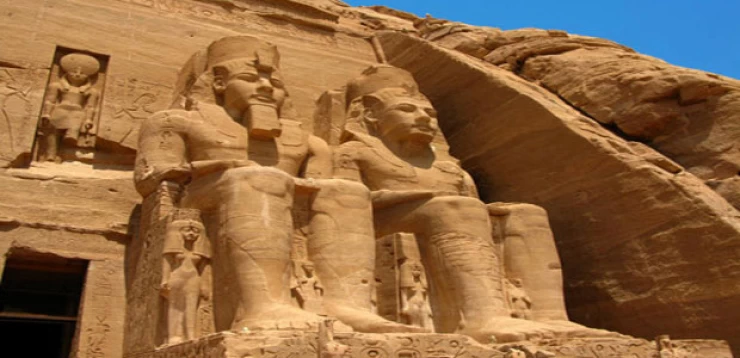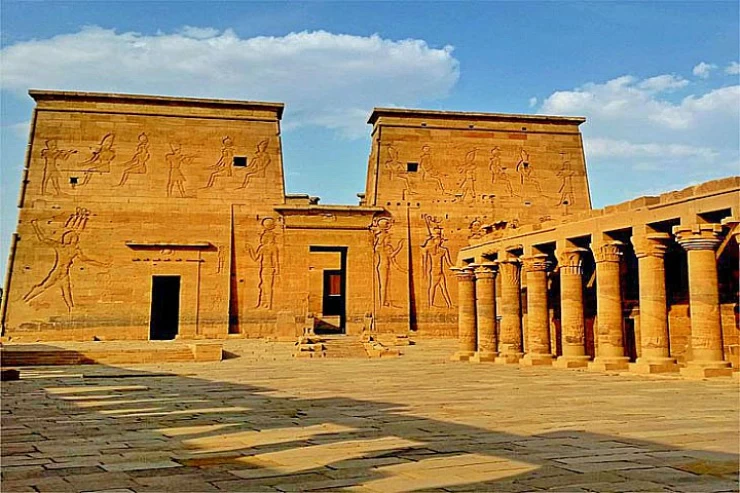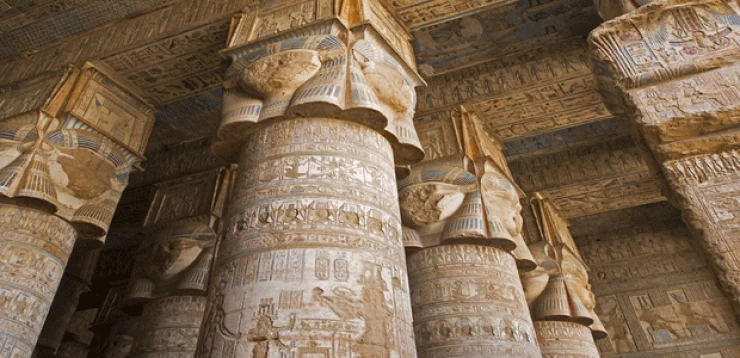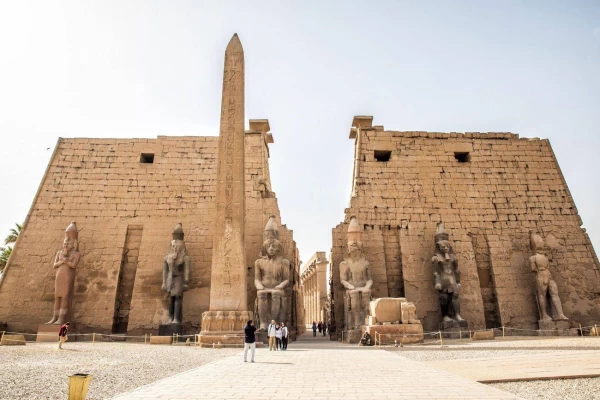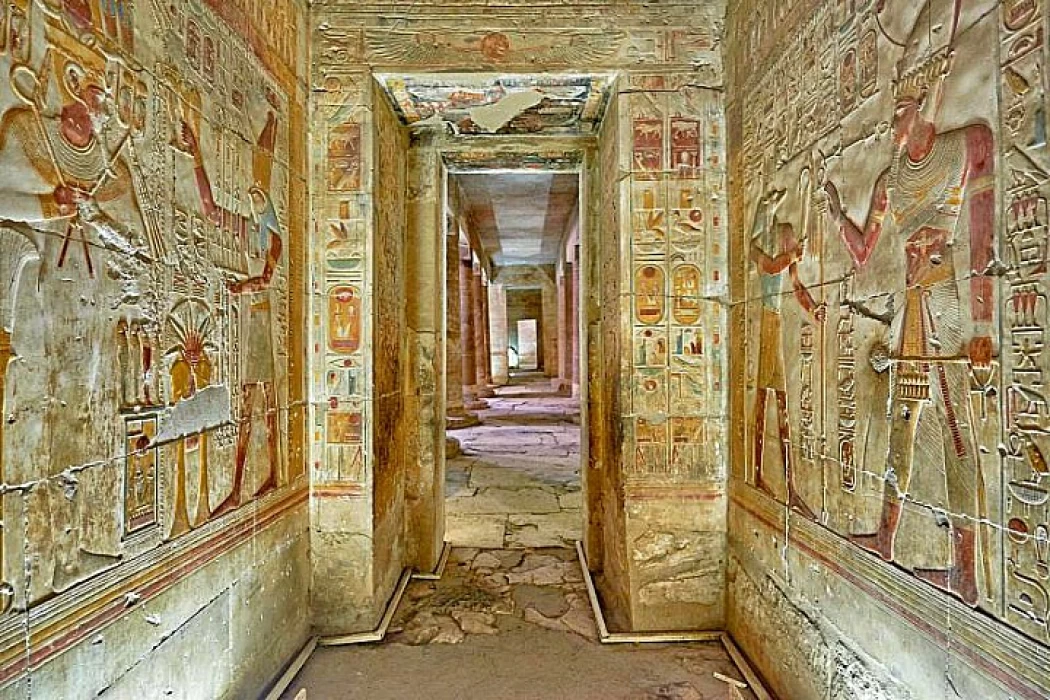
Abydos Temple of Osiris
The Abydos Temple: A Glimpse into Ancient Egyptian Spirituality
Introduction
The Abydos Temple, located in the ancient Egyptian city of Abydos, is one of the most significant archaeological sites in Egypt. Renowned for its rich history and religious importance, this temple complex provides profound insights into ancient Egyptian beliefs, practices, and architectural prowess.
Historical Context
Abydos, situated in Upper Egypt, was a key religious center from the Early Dynastic Period (c. 3100–2686 BCE) through the Greco-Roman period. It was especially revered as the burial place of Osiris, the god of the underworld and rebirth. This association made Abydos a major pilgrimage site for ancient Egyptians, who sought to honor Osiris and ensure a favorable afterlife.
Temple Complex
The most notable temple at Abydos is the Temple of Seti I, built by Pharaoh Seti I during the Nineteenth Dynasty (c. 1290–1279 BCE). This temple, also known as the Seti I Temple, is renowned for its architectural sophistication and extensive reliefs. The temple was constructed to honor Osiris and features a unique layout that reflects the spiritual significance of the site.
Architectural Features
The Temple of Seti I is distinguished by its grand pylon entrance, colossal columns, and intricately decorated hypostyle hall. One of the most remarkable aspects of the temple is the Osireion, an enigmatic and subterranean structure believed to be a symbolic tomb for Osiris. The Osireion’s design mirrors the concept of the primordial mound from which the world was created, reinforcing its sacred status.
Reliefs and Inscriptions
The walls of the Temple of Seti I are adorned with detailed reliefs and inscriptions that depict a variety of religious themes. These include scenes of Seti I making offerings to the gods, as well as detailed depictions of the pharaoh’s divine ancestors and the pantheon of deities. The temple also features the famous Abydos King List, a chronological list of Egyptian kings from the early dynasties to Seti I’s reign. This list is crucial for Egyptologists as it provides a valuable historical record.
Significance and Legacy
The Abydos Temple complex holds immense significance for both ancient Egyptians and modern scholars. For the ancient Egyptians, Abydos was not only a spiritual center but also a symbol of eternal life and resurrection. The rituals performed at Abydos were believed to ensure the continuation of life after death.
Today, the Abydos Temple is a critical site for understanding ancient Egyptian religion and architecture. Its well-preserved inscriptions and art offer valuable insights into the religious practices, historical chronology, and artistic achievements of ancient Egypt.







